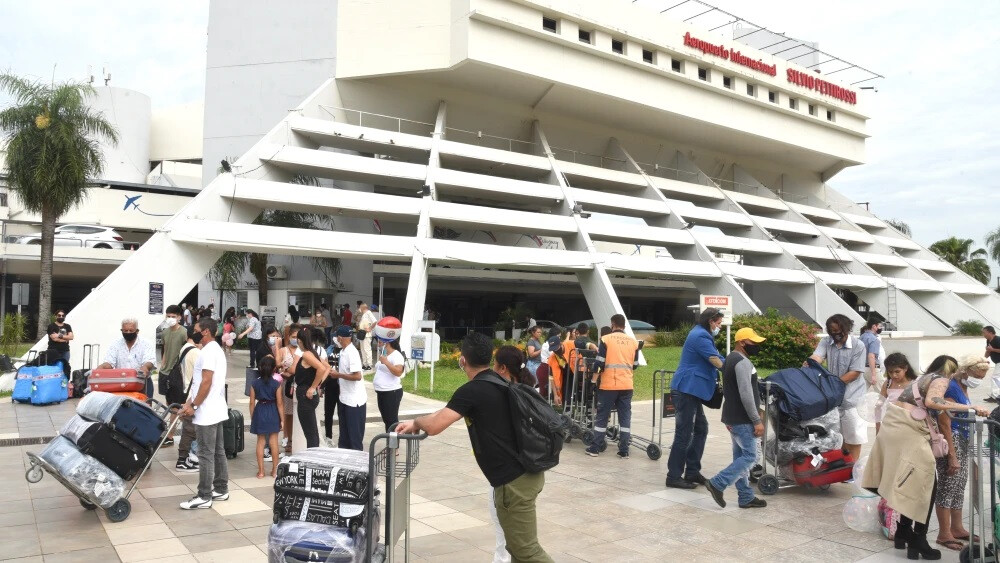
Asunción – The Paraguayan National Directorate of Migration (Dirección Nacional de Migraciones) announced today that it will fully implement the Advance Passenger Information/Passenger Name Record (API/PNR) system by the end of this year. This move aims to strengthen border control and prevent transnational crimes. The system will be used to obtain passenger information in advance of flight departures and arrivals, analyze risk profiles, and identify potential threats.
Jorge Kronawetter, Director of the Paraguayan National Directorate of Migration, confirmed in an interview with EFE news agency the signing of an agreement between the Directorate of Migration and the Paraguayan National Civil Aviation Directorate (DINAC). He stated that the adoption of this system will significantly enhance the prevention and control of transnational crime threats. In particular, the ability to conduct pre-analyses based on passenger risk profiles is expected to effectively deter various crimes such as human trafficking, international terrorism, and money laundering.
How the API/PNR System Works and Expected Benefits
The API/PNR (Advance Passenger Information/Passenger Name Record) system operates by requiring airlines to transmit passengers' passport information (API) and reservation information (PNR) to border control authorities in advance. API information includes the passenger's name, date of birth, nationality, and passport number, while PNR information contains a much broader range of data, such as flight purchase records, contact details, payment information, and accompanying passenger details.
Once operational, airlines will transmit this information to the Directorate of Migration in real-time at the point of passenger check-in. This information will be immediately processed at a monitoring center to be established at the international airport, and the system will automatically identify potential risk individuals by cross-referencing them with pre-set risk profiles.
Director Kronawetter explained, "Real-time access to information will allow authorities to approve passenger entry, deny entry, or send immediate alerts to relevant authorities if there are domestic or international arrest warrants." This is expected to minimize disruptions at borders and significantly contribute to national security by proactively blocking individuals potentially involved in criminal activities.
Currently, Paraguay is known as one of the few countries in South America without such an advance information system. Director Kronawetter emphasized that the implementation of this system is "a long-cherished aspiration for Paraguay" and part of "fulfilling international obligations." International organizations such as the International Civil Aviation Organization (ICAO) and the UN Counter-Terrorism Committee (CTED) recommend that member states adopt API/PNR systems to strengthen aviation security.
Further Efforts for System Implementation and Future Outlook
Successful implementation of the API/PNR system requires the establishment of legal and institutional frameworks, technical infrastructure, and the training of specialized personnel. The Paraguayan Directorate of Migration and the National Civil Aviation Directorate are working closely to build the system and plan to establish robust data security and privacy protection systems in addition to setting up the monitoring center.
Furthermore, this system is expected to enable proactive crime prevention and efficient border management, thereby shortening passenger immigration clearance times and improving overall airport operational efficiency. Attention is focused on whether Paraguay can meet international aviation security standards through this system and enhance its capacity to combat transnational crime by strengthening information sharing with the international community.
[Copyright (c) Global Economic Times. All Rights Reserved.]




























